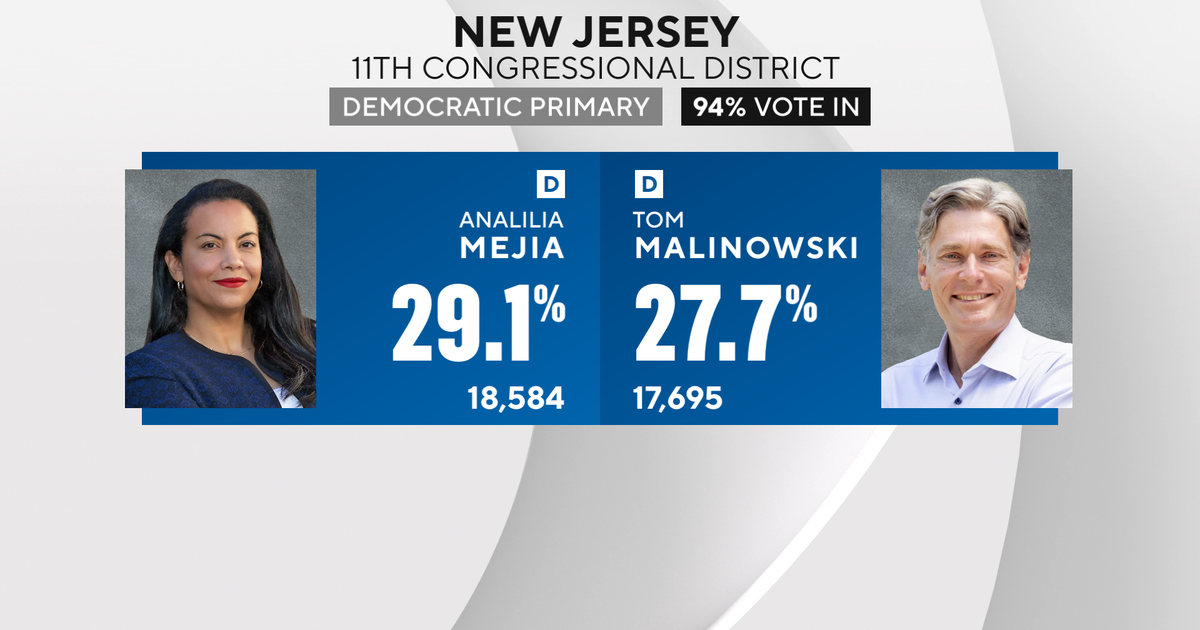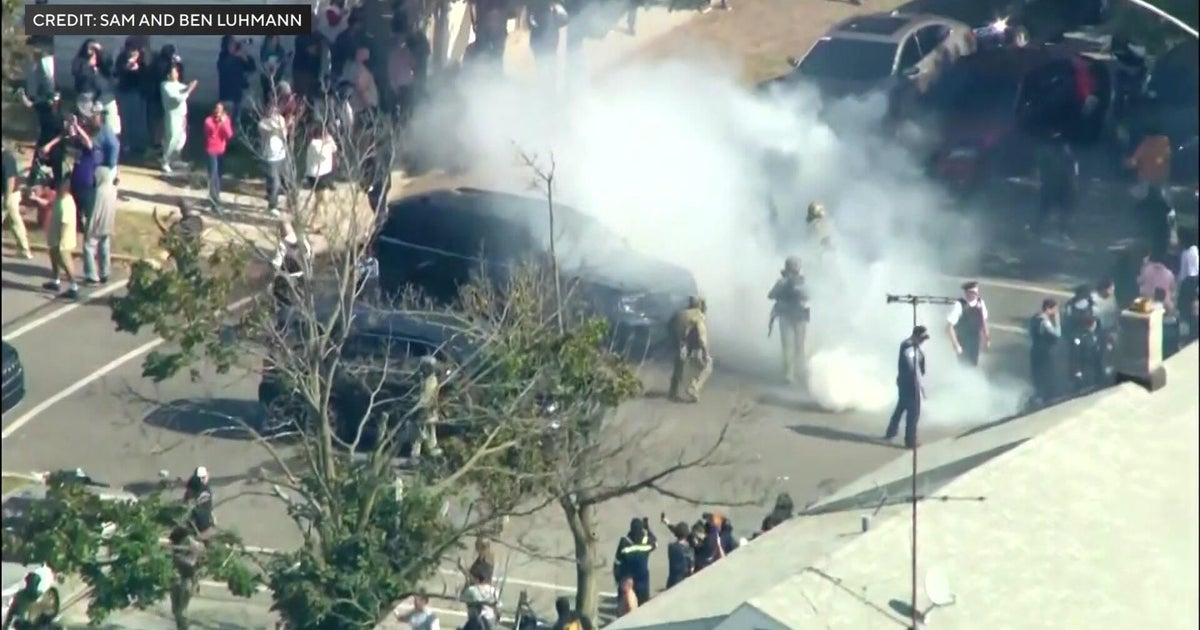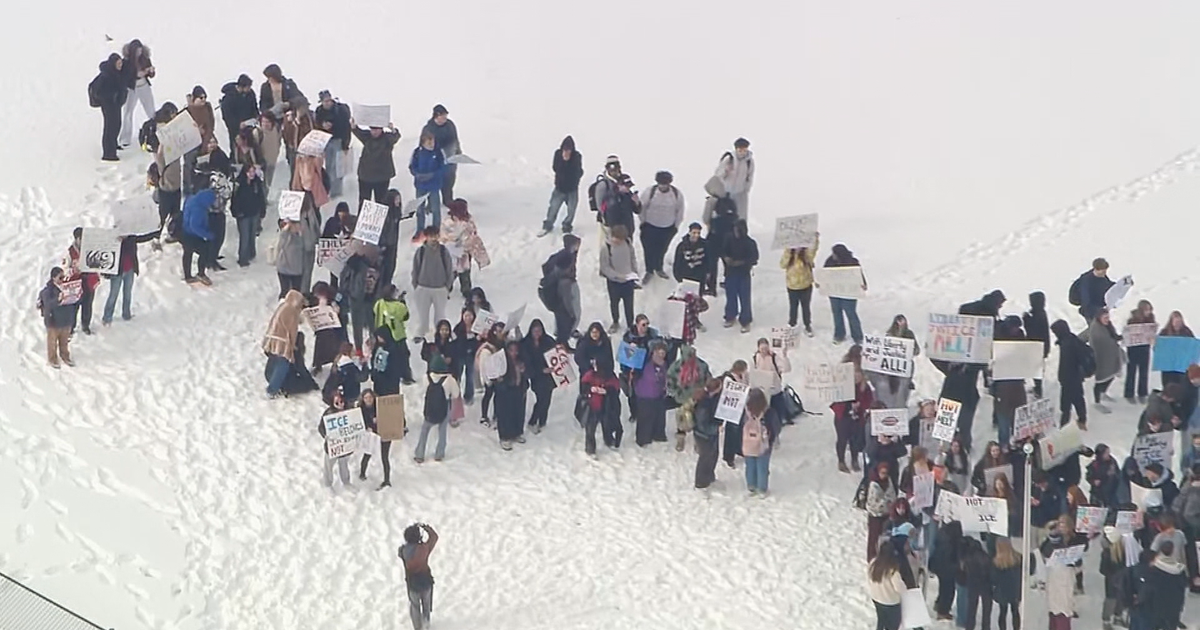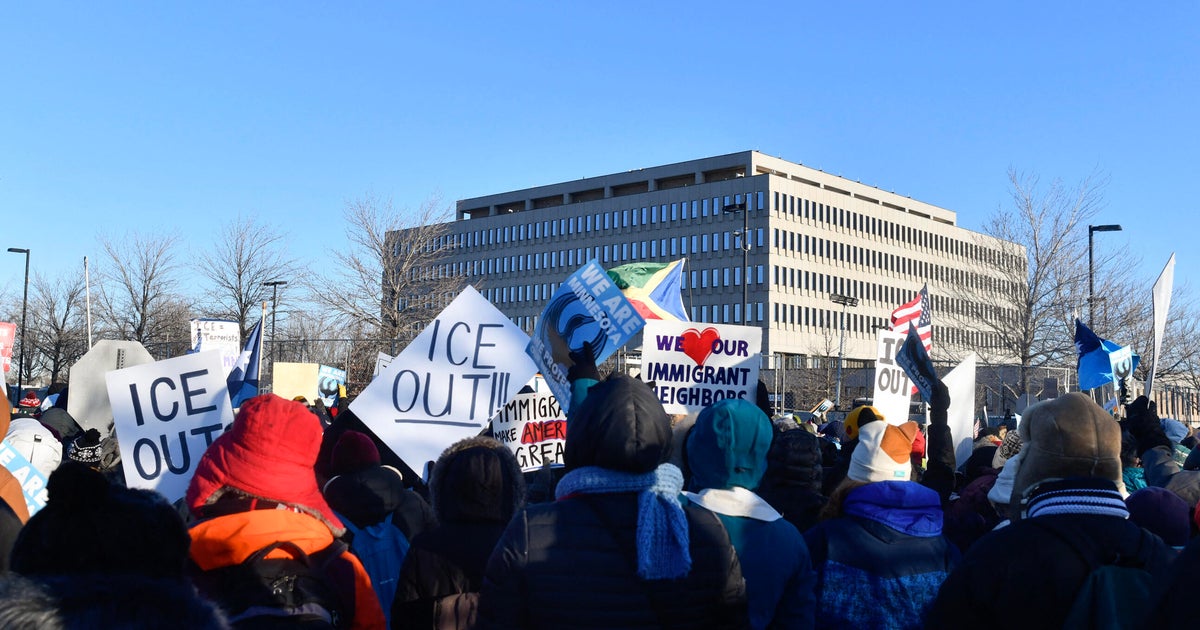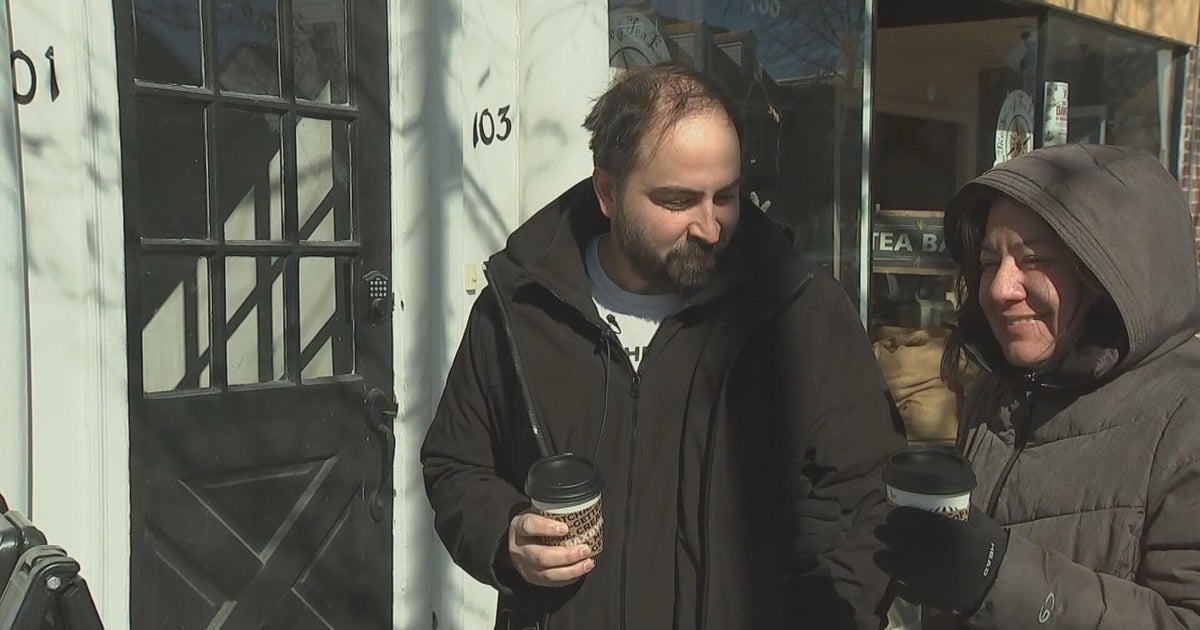Good Question: Why Don't People Vote?
MINNEAPOLIS (WCCO) -- In 2012, 52 percent of American adults voted, according to the International Institute for Democracy and Electoral Assistance. That means almost half of people over age 18 didn't cast a ballot during the last presidential election.
So, why don't people vote? Good Question.
"For some of those people, it's real life gets in the way, but for a lot of them, they're apathetic," says Paul Goren, a professor of political science at the University of Minnesota. "They don't care about politics, they may find it off-putting or they may feel they're not being represented properly by either candidate."
Goren says education, strength of partisanship, political interest and age all play big factors in what groups are more likely to vote.
"Education is a big predictor of turnout," he says. "The more education someone has, the more likely she is to turn out."
The United States Election Project reports 41 percent of people ages 18-29 voted in 2012. For people over age 60, 71 percent turned out.
"Younger people haven't had time to set down roots in the community to learn where they need to register," says Goren. "They may not be paying attention to politics as they do when they're older. They're not necessarily paying high taxes, they may not have a mortgage or be invested in their local community."
After the 2012 election, the U.S. Census Bureau asked people why they didn't vote. The number one answer: Too busy. It was followed by illness, disability, didn't like the candidates, out of town, registration problems, forgot to vote, transportation problems, inconvenient polling place and bad weather conditions.
People who made $150,000+ reported being out of town as their number one reason. People who made less than $10,000 reported illness or disability. The percentage of people no interested was relatively even across age and income levels.
According to the United States Elections Project, Minnesota had the highest voter turnout in 2012 followed by Wisconsin and Iowa. Experts say much of that has to do with the state's civic pride and tradition of voting.
